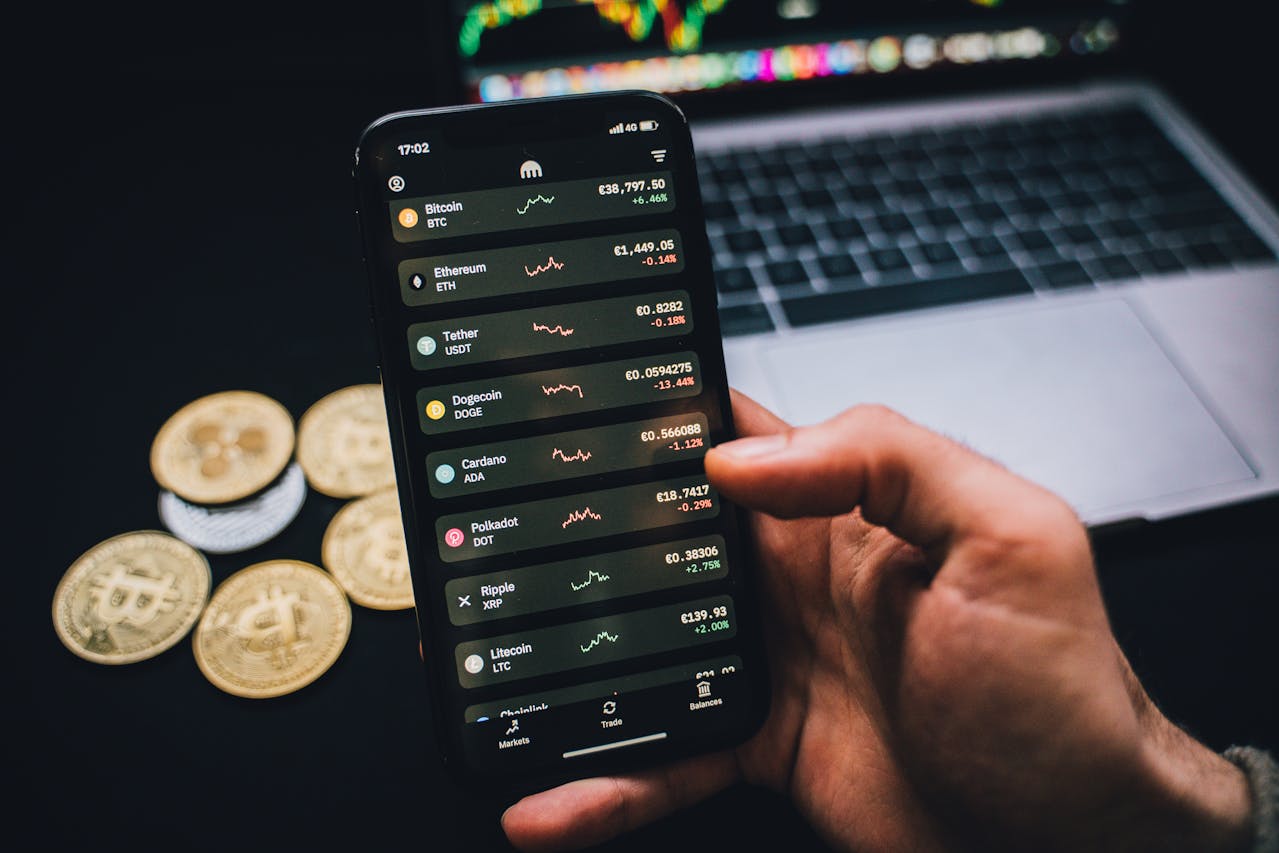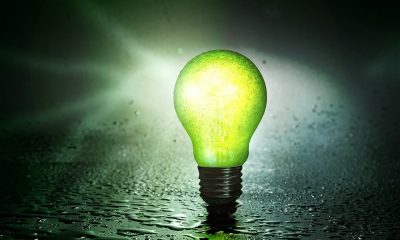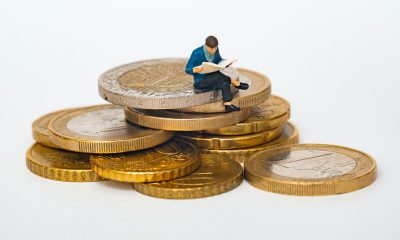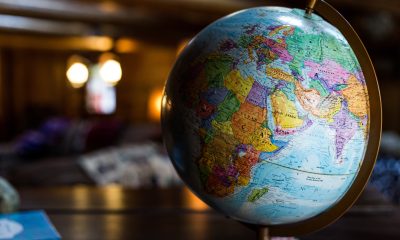Africa
World Bank: GDP Growth in Burkina Faso Falls from 6.9% to 2.5
Burkina Faso’s GDP growth decelerated in 2022 to 2.5%, due mainly to a 13.7% drop in mining activity, following the closure of some mines. According to the Minister of Economy and Finance, several factors have contributed to the country reaching this point. He pointed to exogenous factors such as the Russian-Ukrainian crisis, the covid-19 pandemic, and the main endogenous shock, insecurity.

As part of the World Bank Group’s series of periodic publications highlighting recent economic trends, analyzing short- and medium-term economic prospects, and discussing issues relevant to development, a report has been drawn up with a particular focus on strengthening financial resilience to climate shocks.
The report dissemination ceremony was held in Ouagadougou on Monday, June 12th, 2023, in the presence of the Minister of Economy and Finance and his counterpart in charge of agriculture, animal resources, and fisheries.
Based on analytical research, the April 2023 report on the state of the economy in Burkina Faso noted regressions in terms of Burkina’s economic situation and the state of poverty among the population.
Read more about the World Bank report on GDP growth in Burkina Faso and find the latest economic news from around the world with our companion app Born2Invest.
In its report, the World Bank fears an exacerbation of food insecurity
“From the results of the analysis, it emerges that with a strong economic recovery of 6.9% in 2021, Burkina Faso’s Gross Domestic Product growth decelerated in 2022 to 2.5%, due mainly to a 13.7% drop in mining activity, following the closure of some mines. Average inflation reached 14.1%, while food prices rose by an average of 23.4% over the year. The report shows that weak growth in 2022, particularly in the agricultural sector, and high inflation led to an increase in the poverty rate to 5.9 percentage points. As a corollary, an additional 1.5 million people fell into extreme poverty. A point that marks the drop in income for poor households that depend mainly on agriculture,” summarized Maïmouna Mbow Fam, World Bank Resident Representative in Burkina Faso.
Worse still, “by 2023, moderate inflation and GDP growth forecasts will not result in any marginal reduction in poverty over the medium term, of around 1 percentage point per year. It also emerges that, despite a most satisfactory season in 2022 and in view of the many challenges facing the country, cereal stocks are lower than usual. As a result, food insecurity is set to worsen in 2023,” she concluded.
According to Aboubacar Nacanabo, Minister of Economy and Finance, several factors have contributed to the country reaching this point. He pointed to exogenous factors such as the Russian-Ukrainian crisis, the covid-19 pandemic, and the main endogenous shock, insecurity. “The report highlights the climate issue, which has an impact on several sectors such as livestock breeding, agriculture, and even infrastructure,” he explained.
To gain new momentum, we need to “find ways of adapting.” In this respect, several recommendations made by the World Bank were succinctly taken up by the resident representative. These include the need for Burkina Faso to expand its fiscal space; mobilize more of its tax resources; modernize tax and customs administrations; move towards digitalization to collect more revenue; review the structuring of shock financing, etc.
These are recommendations that Aboubacar Nacanabo says he appreciates, as they are in line with the country’s progress and essential for future decision-making. “We need to show resilience so that the impact of our actions is much more visible on the ground”, he concluded.
__
(Featured image by stevepb via Pixabay)
DISCLAIMER: This article was written by a third party contributor and does not reflect the opinion of Born2Invest, its management, staff or its associates. Please review our disclaimer for more information.
This article may include forward-looking statements. These forward-looking statements generally are identified by the words “believe,” “project,” “estimate,” “become,” “plan,” “will,” and similar expressions. These forward-looking statements involve known and unknown risks as well as uncertainties, including those discussed in the following cautionary statements and elsewhere in this article and on this site. Although the Company may believe that its expectations are based on reasonable assumptions, the actual results that the Company may achieve may differ materially from any forward-looking statements, which reflect the opinions of the management of the Company only as of the date hereof. Additionally, please make sure to read these important disclosures.
First published in lefaso.net, a third-party contributor translated and adapted the article from the original. In case of discrepancy, the original will prevail.
Although we made reasonable efforts to provide accurate translations, some parts may be incorrect. Born2Invest assumes no responsibility for errors, omissions or ambiguities in the translations provided on this website. Any person or entity relying on translated content does so at their own risk. Born2Invest is not responsible for losses caused by such reliance on the accuracy or reliability of translated information. If you wish to report an error or inaccuracy in the translation, we encourage you to contact us.

-

 Business1 week ago
Business1 week agoLegal Process for Dividing Real Estate Inheritance
-

 Fintech5 days ago
Fintech5 days agoPUMP ICO Raises Eyebrows: Cash Grab or Meme Coin Meltdown?
-

 Africa2 weeks ago
Africa2 weeks agoMorocco Charts a Citizen-Centered Path for Ethical and Inclusive AI
-

 Africa9 hours ago
Africa9 hours agoSurging Expenditures Widen Morocco’s Budget Deficit Despite Revenue Growth
























